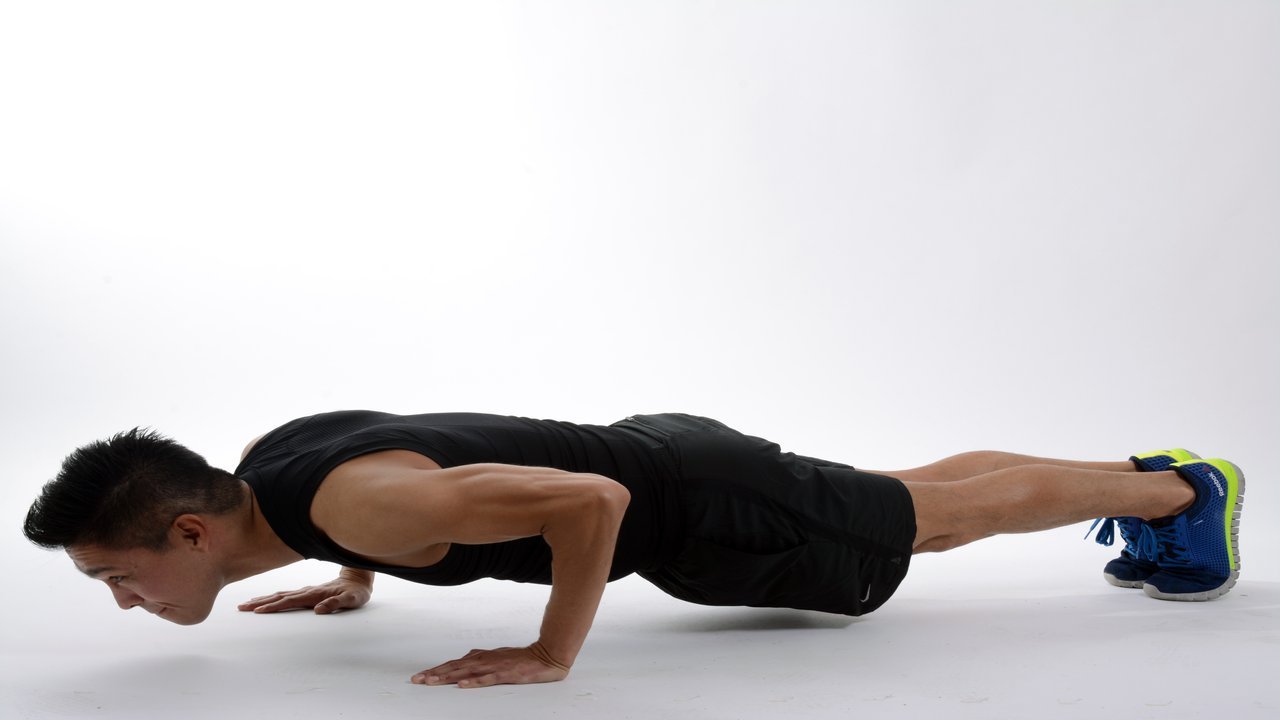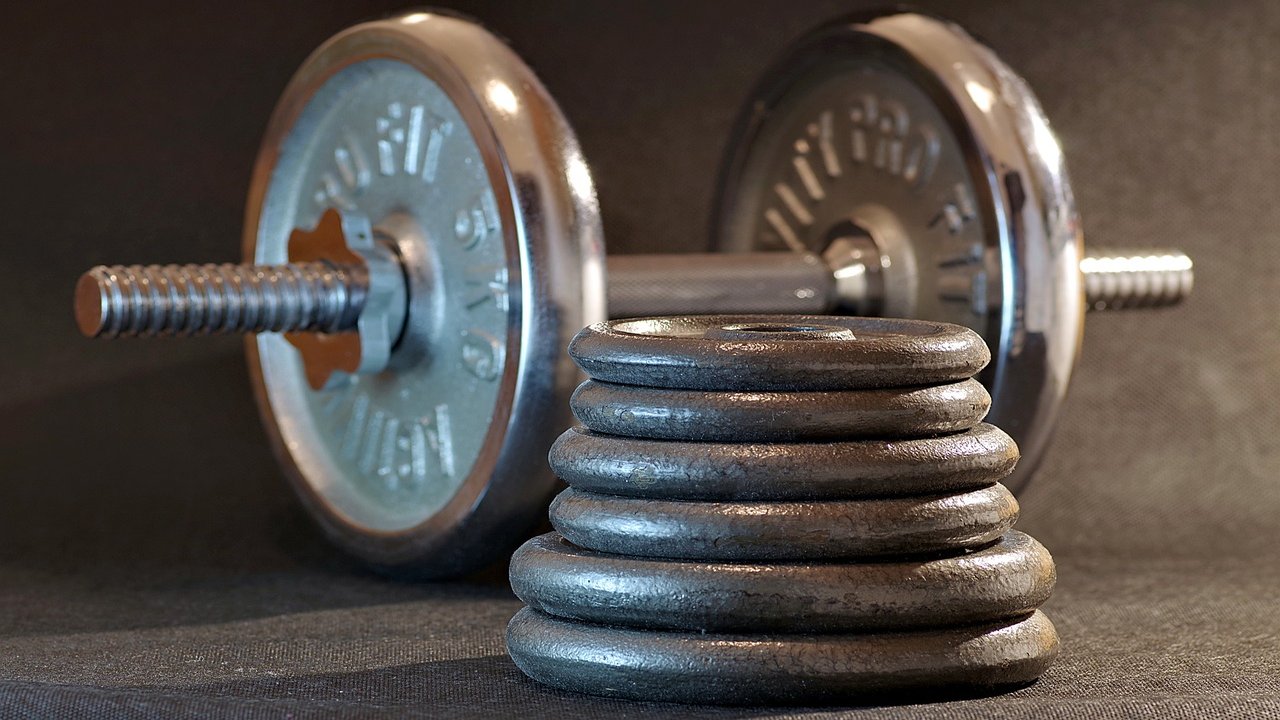![Prompt] How Can I Optimize My Pre-Workout Nutrition? Timing of Meals, Pre-Workout Snacks, Hydration Strategies, Nutrient Timing, Pre-Workout Supplements, Macronutrient Ratios, Caffeine Intake, Carbohydrate Sources, Protein Sources, Electrolyte Balance](https://naturesmart.us/images/blog/thumbnails/202410/img_21100703140.jpg)
How Can I Optimize My Pre-Workout Nutrition?
Looking to maximize your pre-workout nutrition? Timing your meals and snacks, staying hydrated, and choosing the right nutrients can all make a big difference.
Optimizing your macronutrient ratios, managing caffeine intake, and selecting the right sources of carbohydrates and protein are key factors.
Balancing electrolytes can also impact your performance.
Key Takeaways
- The timing of meals and snacks is important for optimal pre-workout nutrition. Eating a full meal 2-3 hours before exercise allows for proper digestion and sustained release of energy. If you have less time, a smaller snack 30-60 minutes before can still provide a quick source of energy.
- Hydration is crucial for maintaining energy levels and maximizing performance. Consume water 2-3 hours before the workout and another 8-10 ounces 10-20 minutes beforehand. Incorporate electrolyte-balancing drinks or foods to maintain proper electrolyte balance.
- Nutrient timing plays a role in maximizing energy levels and improving workout performance. Consuming a balanced meal or snack with carbohydrates and protein 2-3 hours before the workout provides sustained energy release, while a small snack with carbohydrates and moderate protein 30-60 minutes before provides a quick source of energy.
- Consider incorporating pre-workout supplements with scientifically-backed ingredients like caffeine, beta-alanine, and creatine to boost energy levels and improve exercise performance. Prioritize safety by checking for third-party certifications and consulting with a healthcare professional.
Timing of Meals
To optimize your pre-workout nutrition, time your meals strategically to fuel your body for exercise and avoid discomfort during your workout.
Meal timing plays a crucial role in sustaining your energy levels throughout your workout. Eating a full meal 2-3 hours before your exercise session allows for proper digestion and absorption of nutrients, providing a sustained release of energy. This timing also helps prevent any discomfort during your workout, such as cramping or indigestion.

If you have less time, a smaller snack 30-60 minutes before can still provide a quick source of energy. Experiment with different meal timing approaches to see what works best for your body and exercise routine.
This way, you can ensure that you have the necessary energy levels to power through your workouts without feeling weighed down.
Pre-Workout Snacks
When you're preparing for a workout, choosing a pre-workout snack that combines carbohydrates and protein can help fuel your body and optimize performance. Nutrient timing is crucial, so aim to consume your snack about 30-60 minutes before your workout for optimal digestion and energy release.
Look for snacks that are rich in energy boosters like bananas, nuts, or Greek yogurt. These provide a good balance of carbohydrates for quick energy and protein for sustained endurance during your workout.
Avoid heavy meals or snacks high in fat and fiber, as they can cause discomfort during exercise. Instead, focus on easily digestible options to prevent any stomach discomfort while providing the energy you need to power through your workout.

Hydration Strategies
Ensure that your hydration strategy complements your pre-workout snack, as staying properly hydrated is essential for maintaining energy levels and maximizing performance during your workout.
Hydration techniques play a crucial role in optimizing your pre-workout nutrition. Aim to consume around 16-20 ounces of water 2-3 hours before your workout, and another 8-10 ounces 10-20 minutes beforehand. This will help ensure that you're adequately hydrated without feeling too full or bloated during exercise.
Additionally, consider incorporating electrolyte-balancing drinks or foods, such as coconut water or a banana, to help maintain proper electrolyte balance. Electrolyte balance is vital for muscle function and overall hydration.
Nutrient Timing
Optimize your pre-workout nutrition by strategically timing the intake of essential nutrients to maximize energy levels and improve workout performance. Nutrient timing refers to the specific timing of macronutrient intake before exercise to enhance performance benefits.
Consuming a balanced meal or snack containing carbohydrates and protein 2-3 hours before your workout can provide a sustained release of energy during exercise. This timing allows for adequate digestion and absorption, ensuring that your body has the necessary fuel to perform optimally.

Additionally, consuming a small snack rich in carbohydrates and a moderate amount of protein 30-60 minutes before your workout can provide a quick source of energy. This pre-workout nutrient timing strategy can help increase glycogen stores and amino acid availability in the muscles, leading to improved endurance and strength during your training session.
Pre-Workout Supplements
To enhance your pre-workout nutrition, consider incorporating pre-workout supplements to boost energy levels and improve exercise performance. When choosing a pre-workout supplement, it's crucial to consider ingredient effectiveness and supplement safety.
Look for supplements that include scientifically-backed ingredients such as caffeine, beta-alanine, and creatine to enhance endurance, strength, and power. These ingredients have been shown to improve exercise performance and increase energy levels.
Additionally, always prioritize supplement safety by checking for third-party certifications and ensuring the product is free from banned substances. It's important to consult with a healthcare professional before adding any new supplements to your routine, especially if you have existing health conditions or are taking medications.
Macronutrient Ratios
Consider aiming for a 2:1 ratio of carbohydrates to protein in your pre-workout meal for optimal energy and muscle support.

Balanced nutrition is key for fueling your workout effectively. Carbohydrates are your body's primary energy source, providing quick fuel for your muscles. Aim for complex carbohydrates like whole grains, fruits, and vegetables for sustained energy distribution.
Pair this with a lean protein source, such as chicken, Greek yogurt, or tofu, to support muscle repair and growth. This macronutrient ratio helps prevent muscle fatigue and enhances endurance during your workout. Additionally, it aids in replenishing glycogen stores, essential for high-intensity exercise.
Prioritize balanced meals to optimize your performance and recovery. Remember, individual needs may vary, so adjust your macronutrient ratios based on how your body responds to different energy sources.
Caffeine Intake
For an effective pre-workout boost, consume a moderate amount of caffeine to enhance alertness and performance during your exercise session. Caffeine intake can significantly improve your workout by increasing adrenaline levels and releasing fatty acids from fat tissues, providing a source of energy.
However, it's essential to consider your caffeine tolerance and avoid excessive intake, as it may lead to jitters, anxiety, or disrupted sleep patterns. Optimal dosages for performance enhancement range from 3 to 6 mg per kilogram of body weight, with effects peaking about 30 to 60 minutes after consumption.

Experiment with different caffeine sources, such as coffee, tea, or supplements, to find what works best for you. Remember that individual responses to caffeine vary, so pay attention to how your body reacts to determine the most effective caffeine intake for your workouts.
Conclusion
So, there you have it – optimizing your pre-workout nutrition is key to maximizing your performance in the gym.
By paying attention to the timing of your meals, choosing the right pre-workout snacks, staying hydrated, and considering nutrient timing and supplements, you can take your workouts to the next level.
Did you know that a study published in the Journal of the International Society of Sports Nutrition found that consuming caffeine before a workout can increase performance by up to 12%? It's worth considering!
Frequently Asked Questions
Should I avoid carbohydrates before my workout?
No, you shouldn't avoid carbohydrates before your workout. Carbohydrates are the body's preferred source of fuel and provide you with the energy you need to perform at your best. Opt for complex carbohydrates like whole grains, fruits, and vegetables.
Can I workout on an empty stomach?
While it's possible to workout on an empty stomach, it's generally not recommended. Your body needs fuel to perform at its best, and exercising on an empty stomach may lead to decreased energy levels and potential muscle breakdown.
Can I have a sugary snack before my workout?
While it's best to avoid consuming excessive amounts of added sugars, a small sugary snack before your workout can provide a quick energy boost. Just make sure to pair it with a source of protein to balance out your nutrient intake.
What if I feel nauseous after eating before my workout?
If you experience nausea after eating before your workout, try adjusting the timing and composition of your pre-workout meal. Eating a smaller meal or snack or choosing easily digestible options like smoothies or protein shakes may help alleviate nausea.
Is it important to stay hydrated before my workout?
Absolutely! Staying hydrated before and during your workout is crucial. Dehydration can negatively impact your performance and lead to fatigue and muscle cramps. Drink water throughout the day and aim to consume at least 16 to 20 ounces of fluid 1 to 2 hours before exercising.
What if I don't have an appetite before my workout?
If you don't have an appetite before your workout, try consuming a smaller, nutrient-dense snack that provides carbohydrates and protein. This way, you can still fuel your body without feeling overly full or uncomfortable.
What if I don't have time to eat before my early morning workout?
If you're unable to eat before your early morning workout, try consuming a small snack with carbohydrates and protein as soon as you can after the workout. This will help replenish energy stores and kickstart the recovery process.
Statistics
- Having a source of protein before your workout can aid in muscle recovery and repair, promoting muscle growth and strength.
- Drinking water before your workout can help prevent dehydration and maintain optimal performance.
- Proper pre-workout nutrition can improve endurance, strength, and overall athletic performance.
- Pre-workout supplements can be helpful for some individuals, but they are not necessary for everyone and should be used cautiously and in consultation with a healthcare professional.
- Having a consistent pre-workout nutrition routine can help establish healthy habits and optimize your workouts over time.
- Eating a balanced meal before your workout can provide you with the necessary fuel and nutrients to optimize your performance.
- Avoiding heavy, greasy foods before your workout can prevent discomfort and sluggishness during exercise.
- Caffeine from sources like coffee or tea can enhance focus, alertness, and performance during your workout.
- Staying hydrated before your workout can improve focus, prevent fatigue, and support overall performance.
- Pre-workout nutrition is not just about the quantity of food but also the quality of nutrients you provide to your body.
External Links
- Bodybuilding.com - Bodybuilding.com offers expert advice on pre-workout nutrition, focusing on macronutrient ratios, meal ideas, and the importance of hydration.
- Eat for Fitness - Eat for Fitness explains the role of energy drinks in pre-workout nutrition and provides insights into their benefits and potential drawbacks.
- Healthline - Healthline provides an informative article on what to eat before a workout, including recommendations for carbohydrates, protein, and timing.
- Fitness Magazine - Fitness Magazine explores how eating properly before a workout can enhance exercise quality, detailing the importance of pre-workout nutrition choices.
- WebMD - WebMD offers suggestions on how to boost your energy and motivation before a workout, including advice on pre-workout nutrition choices.
- BuiltLean - BuiltLean presents an informative infographic detailing pre-workout nutrition, highlighting the benefits of carbohydrates, protein, and hydration.
- Active.com - Active.com shares tips on optimizing pre-workout nutrition for performance gains, including guidance on macronutrient ratios and hydration strategies.
- Cleveland Clinic - The Cleveland Clinic illustrates the importance of nutrition in wound healing, including the role of nutrients in exercise and recovery.
- Verywell Fit - Verywell Fit breaks down what to eat before a workout, offering guidance on macronutrients, portion sizes, and food choices to fuel your body.
- ChooseMyPlate.gov - ChooseMyPlate.gov educates on the benefits of protein foods and how they can contribute to a balanced pre-workout meal or snack.
How To
How to stay consistent with pre-workout nutrition when faced with a busy schedule?
Staying consistent with pre-workout nutrition, even with a busy schedule, requires planning and preparation. Set aside specific times to grocery shop and meal prep to ensure you have nutritious options readily available. Batch cook meals or snacks in advance and store them in portioned containers for easy grab-and-go. Create a meal plan for the week, taking into account your workout schedule and incorporating pre-workout nutrition accordingly. If time is limited, focus on quick and convenient options like protein bars, pre-packaged fruits or vegetables, or ready-to-drink protein shakes. Remember that consistency is key, even if it means making small adjustments to your routine to accommodate a busy schedule.
 HealthWellnessFitnessBeautyVideosPrivacy PolicyTerms And Conditions
HealthWellnessFitnessBeautyVideosPrivacy PolicyTerms And Conditions
